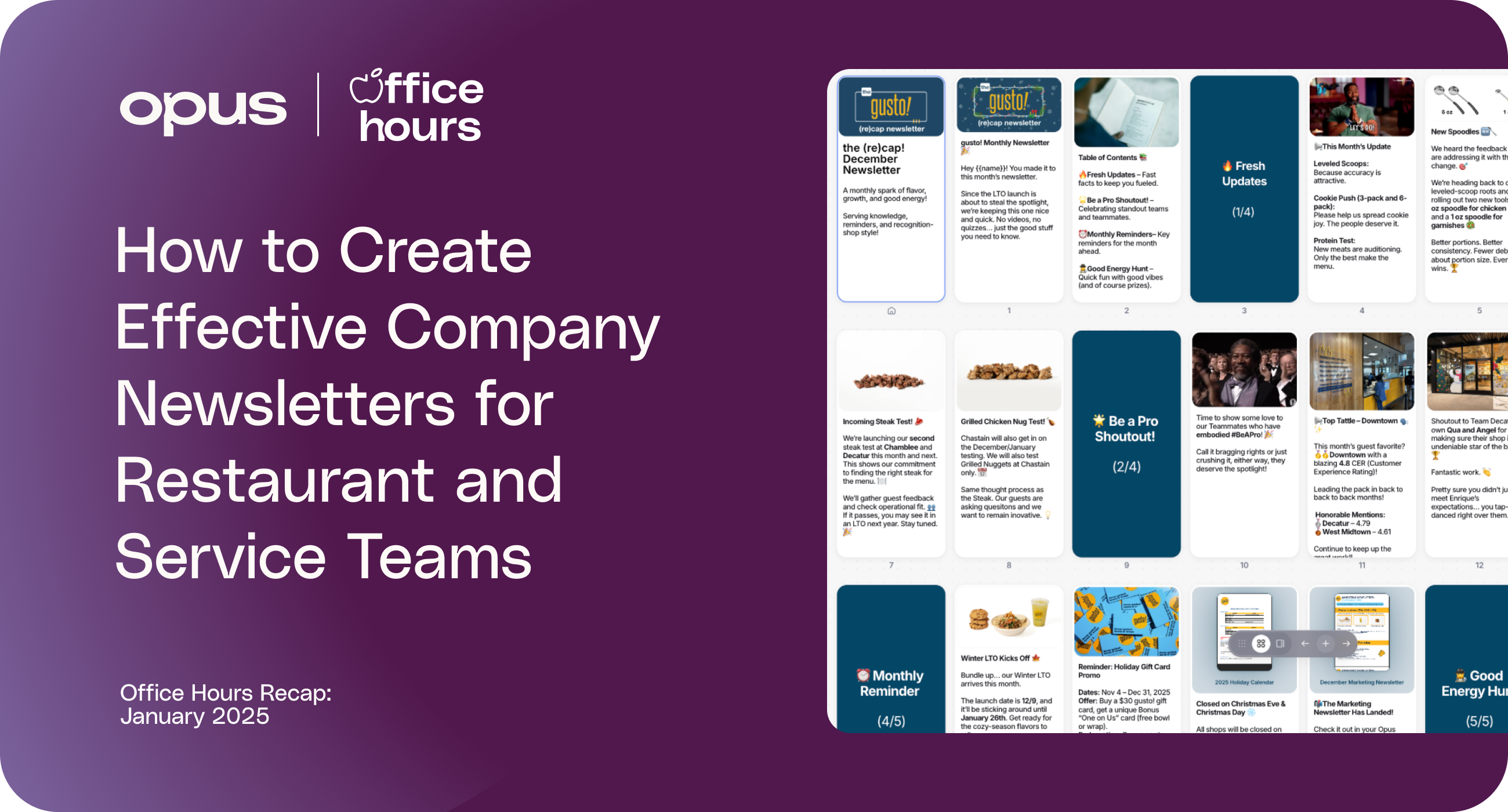Although there are many similarities between the food handlers card and food managers certification, there are distinctions to be made. Depending on your role and responsibilities you may be required to complete either certification.
The Food Handler Certificate covers and verifies basic food safety knowledge at the employee level. In contrast, the Manager Certification verifies that "a manager or person-in-charge has sufficient food safety knowledge to protect the public from food-borne illness" (1).
Generally, the Food Handler certification exam is shorter, with about 40 multiple-choice questions. Where the Food Manager Certification exam usually has a total of 90 multiple-choice questions. Both food managers and handlers must score at least 75% to pass and receive their certification, for certifications such as ServSafe.
What Is a Food Handler?
Food handlers are employees who include: food preparers, food servers, and frontline staff. According to New York City health code, a food handler is any person who works in a food service establishment or non-retail food processing establishment (2). Food handlers generally prepare, serve and clean up in the kitchen and service areas. Food handler training generally covers the following:
Food Safety Training
- Food contamination training (Through physical, biological, chemical, and cross-contamination)
- The types of illnesses which can occur as a result of consuming contaminated food
- How to cook foods to the appropriate temperature
- Types of allergens and how to avoid contamination
- How to properly prepare food
- How to follow the use-by date and FIFO (first in, first out) guidelines
Food Hygiene Training
- Basic personal hygiene (Hand washing, proper uniform, and hair coverings)
- How to properly clean the workspace, the sides, the equipment, and the utensils
- How to store foods
- Storage of different types of food (where meat, vegetables, or dry foods live)
What Is a Food Manager?
A person-in-charge or food manager is responsible for maintaining extensive knowledge of food safety. A food manager is a person who handles the daily operation of a restaurant or other food establishments. Food managers are commonly owners, chefs, or other persons in the management team. They are in the position to supervise food handlers but are not required to have a food handlers card once they receive their food management certification. Where the food handler updates the food safety plan, food managers create and maintain it. (3).
Certification Is Key
Regardless of state or local laws, it's important for people in the food industry to get proper food handling training. Learning the basics of food handling can avoid any potential illness. It's important to check in with your local health department for specific details that may apply to your business.
Not all states mandate food workers to receive certification. Many states recommend at least one person to hold the food managers certification. Some states require all employees who handle food to receive a license. Other states recommend a person on duty during business hours to have a license, but do not mandate it.
Services such as ServSafe and the National Registry of Food Safety Professionals (NRFSP) offer certification for many states. Some services also offer traditional classroom training, self-study programs, and access to training in several languages.
Why Should Employees Get a Food Handlers Certification?
Having a food handlers certification can set your establishment apart from others. It lets the community know you are serious about your business. Customers will remain healthy and happy and continue to come back to a safe restaurant. It is vital for the food industry to handle food appropriately. Training food handlers in proper techniques and methods will create efficiency and consistency in the workplace. You can avoid lawsuits relating to food-borne illnesses, which has led some businesses to close for good. Putting an emphasis on food safety training in your workforce also has an important link to food wastes and profits.
Remember, when choosing between the food handler or food-management certification, make sure to check in with your local health departments. Each state and country has different guidelines for what is required. Although some states may not have legislation mandating the certificate, training can create a competitive edge and shows your customers, and frontline, you are serious about their health.
Get Food Safety Certifications All In One Place
Opus and Always Food Safe have teamed up to offer Certified Food Protection Manager training and Food Handlers Certification to businesses. Get the best of both worlds in training and food safety compliance. Learn more here







